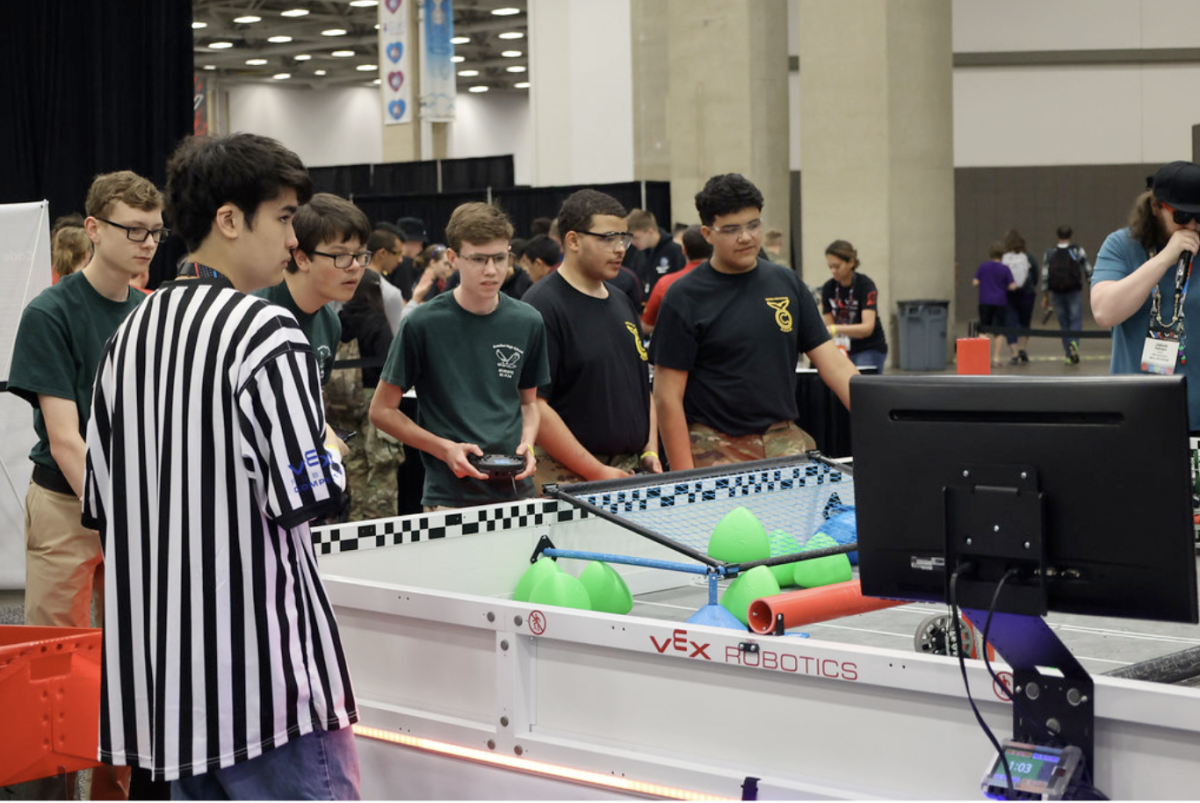The controversy surrounding facial recognition technology has grown increasingly intense in recent years, reflecting the rise in the use of such technology. One of these uses is keeping dangerous intruders from entering school premises, as seen as in the city of Lockport, New York. This practice is not exclusive to New York; it extends across numerous states, including Texas and Oklahoma. Professor Shobita Parthasarathy, studying the use of facial recognition technology in schools, explains, “The technology is primarily used for school security, but in some cases it’s used for identification purposes, including for taking attendance, checking books out from the library, or paying for lunch.” As a result of this increase of usage, facial recognition, once considered a cutting-edge breakthrough, has come under scrutiny for several reasons. This controversy has been highlighted in New York’s ban on the use of facial recognition technology in schools.
Why is facial recognition so controversial? Facial recognition has the potential to discriminate, due to its tendency to mix up women as well as people of diverse racial backgrounds. This technology has been shown to be most effective in identifying white middle-aged men. There are a few causes of this issue, which can likely be fixed if paid attention to. The first is data bias within facial recognition systems. Data bias can occur if the datasets that the facial recognition models use are not diverse and representative. This leads to the system performing poorly when recognizing individuals from these underrepresented groups. Another cause could be algorithmic bias, where the facial recognition system could carry biases from the design process. For example, the system might not account for variations in facial features across different demographic groups.
However, the most prevalent reason behind the dispute over facial recognition in schools is the concern for student security and data privacy. The use of facial recognition technology in schools involves the collection and storage of sensitive data. If it isn’t protected properly, it can become a target for data breaches. The security of the students can be compromised not only through data breaches, but the school itself. These concerns regarding potential misuse of the data are also valid.
Due to this issue, New York very recently banned facial recognition technology in schools, deciding that the risk to student privacy posed by this technology outweighs the security benefits. The New York Civil Liberties Union supported the ban, suing the state’s Department of Education. However, this ban does not extend to other biometric technology, and it seems as though technology such as digital fingerprinting may become a useful tool in schools.
While facial recognition is an extremely useful technology, it has proven to be a security concern when implemented. The ongoing debate shows the necessity of carefully considering the advantages and effects of emerging technologies in these turbulent times.
Sources:
“\/.” YouTube, 16 June 2023, http://www.k12dive.com/news/new-york-facial-recognition-ban-schools/695465/. Accessed 30 November 2023.
Radauskas, Gintaras. “Facial recognition cameras in schools erode privacy and normalize surveillance.” Cybernews, 15 November 2023, https://cybernews.com/privacy/facial-recognition-cameras-in-schools-erode-privacy-and-normalize-surveillance/. Accessed 30 November 2023.
THOMPSON, CAROLYN. “New York bans facial recognition in schools after report finds risks outweigh potential benefits.” AP News, 27 September 2023, http://apnews.com/article/facial-recognition-banned-new-york-schools-ddd35e004254d316beabf70453b1a6a2. Accessed 30 November 2023.














![Teacher [Milk] Tea: Part 2](https://bisvquill.com/wp-content/uploads/2024/03/Screen-Shot-2024-03-19-at-9.28.48-PM.png)
![Teacher [Milk] Tea: Part 1](https://bisvquill.com/wp-content/uploads/2024/03/milk-tea.png)


































